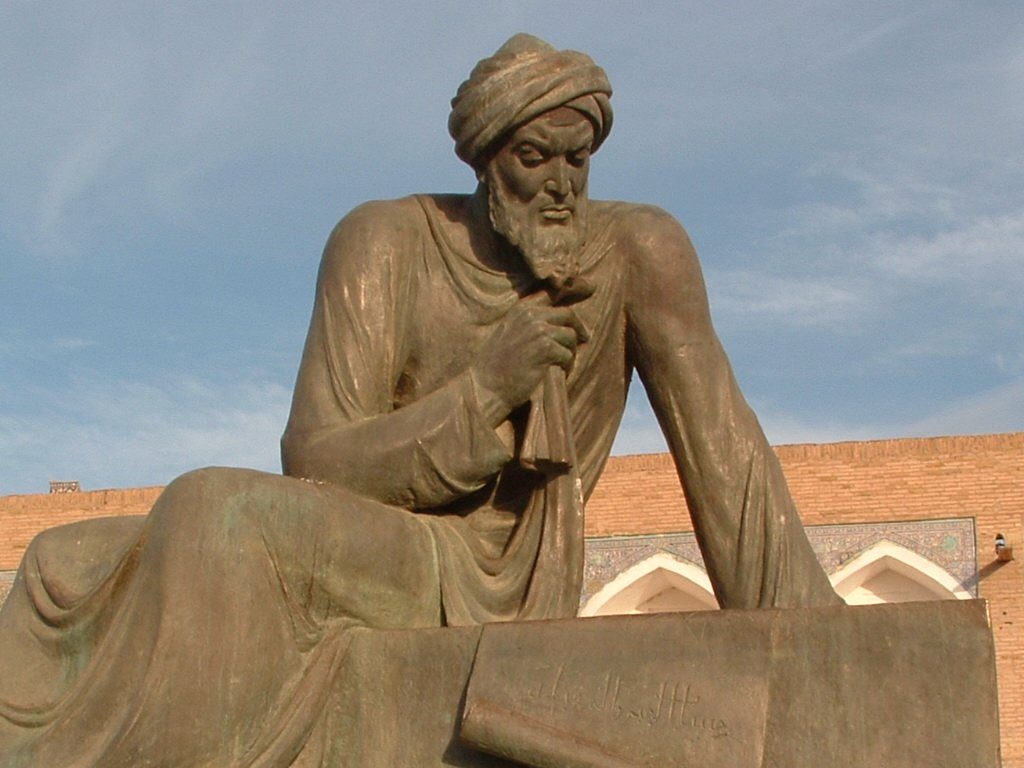Articles
Al-Jwarizmi and the algorithms
Article author: FUNCI
Date of publication of the article: 13/08/2014
Year of publication: 2014
Mohammed Ibn Musa al-Jwarizmi (780-850), better known as al-Jwarizmi, was the inventor of the algebra, and the most renown of the medieval Muslim mathematicians. He was born in Jorezm, to the south of the Aral Sea (today Jiva, Uzbebekistan) and so he was known as ‘the one from Jorezm’.
Around 820 al-Jwarizmi was called to Baghdad by the khalifa abbasi al-Mumun, son of Harun ar-Rashid, famous for the ‘Thousand and One Nights’ and founder of the House of Wisdom, or Bayt al-Hikma. Al-Mamun continued the scientific work started by his father. His work created ripples all around the East and benefitted Europe, above all through Muslim Spain and the school of translators in Toledo, at the time of Alfonso X The Wise.
He wrote his ten texts in arab and the majority of these were translated to Latin. They were Works of maths, astronomy, astrology and geography. His best known work was the Astronomic Tables. These included algorithms to calculate dates, and the first known trigonometry tables. He did not use negative numbers as these were not known at the time, nor the decimal system, nor fractions. He did however use the concept of the zero, which was of Indian origin. In his work ‘Arithmetic’, translated to Latin as Algoritmi de numero Indorum (translated Algorithms of Indian Numbers), he introduced the system of Indian numerology and the algorithms needed for its calculation. In ‘Algebra’ he describes the rules to complete and reduce equations. On top of defining the system for the solution of quadratic equations it is also a work of geometry.
Secuence of operations
An algorithm is a sequence of operations which allows a mathematical problema to be solved. These had their origin in Babylonic times but it was the ancient Greeks who designed the ones we know today, such as that of Euclides, useful for calculating the maximum common divider of two numbers. It was al-Jwarizmi who invented algorithms for the calculation of the roots of equations.
The work of the great medieval mathematician allowed for the preservation and expansion of the knowledge of the Greeks and the Indians, and this was key to the development of the western civilization.
The work of the great medieval mathematician allowed for the preservation and expansion of the knowledge of the Greeks and the Indians, and this was key to the development of the western civilization. Al-Jwarizmi’s Works were practical and intuitive, they brought the study of maths to the general public. His algorithms allowed calculations to be made without the use of paper and pencil, and with the minimum number of operations. Thanks to al-Jwarizmi we have the current system of the Indian decimal.
Translation: Winnie Matos


